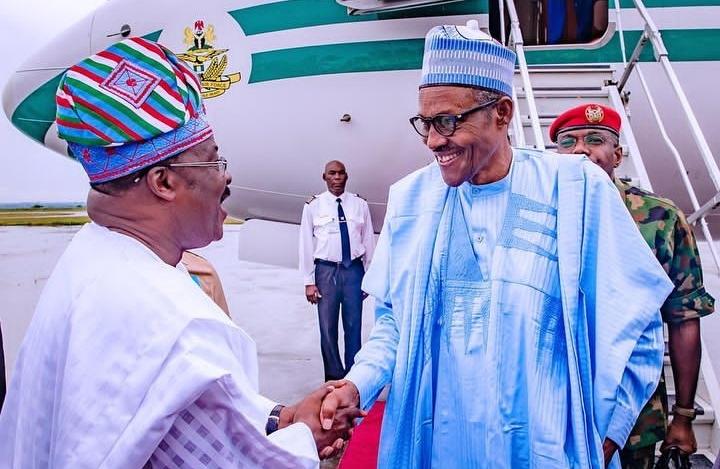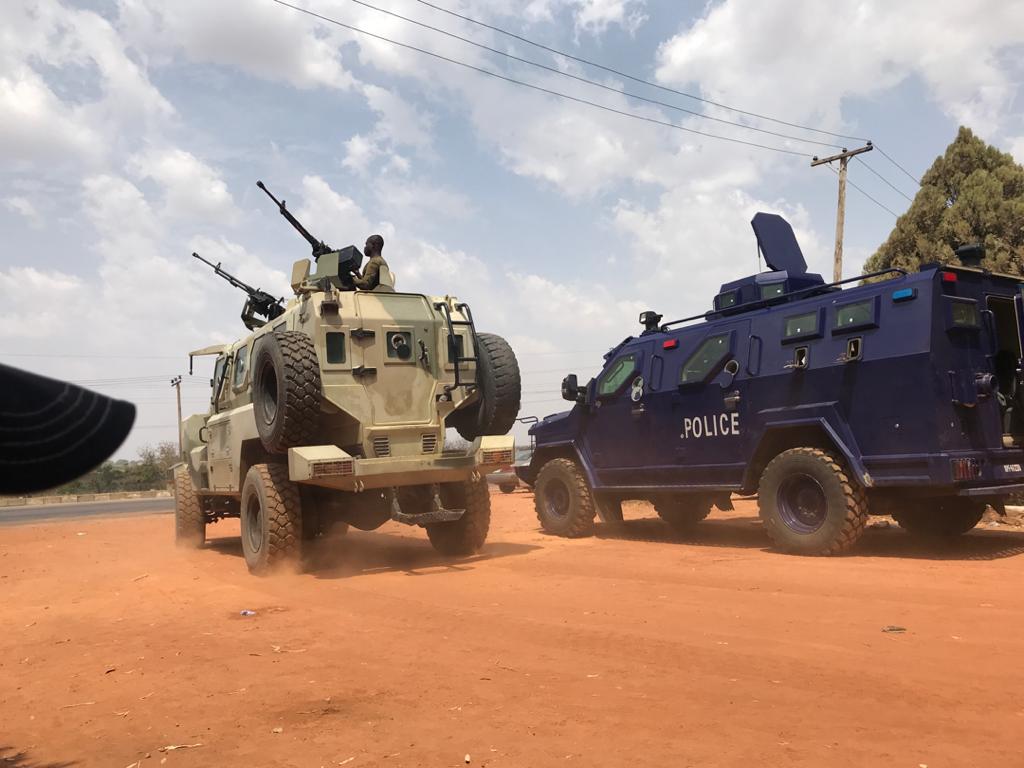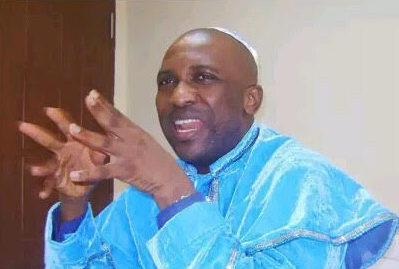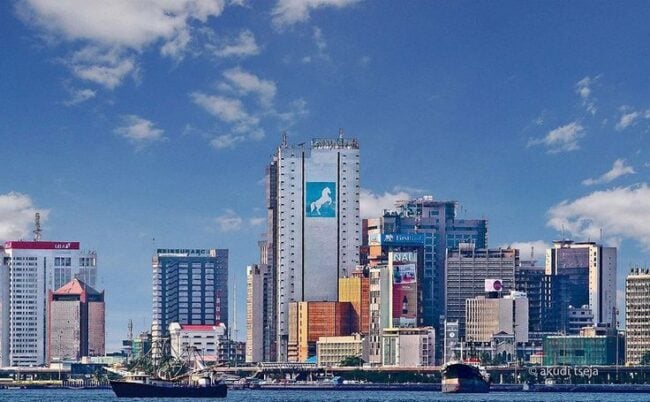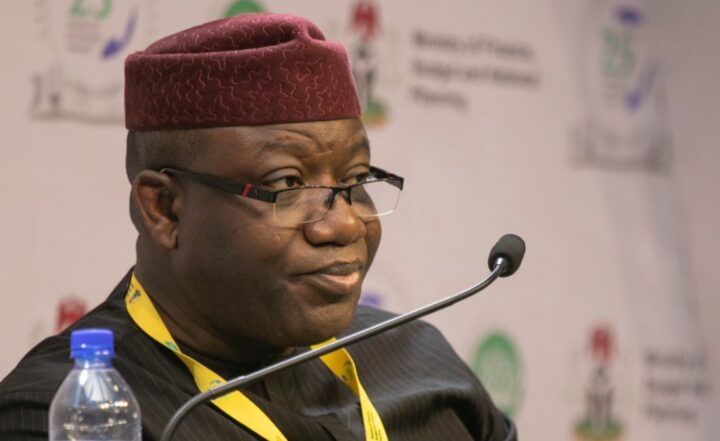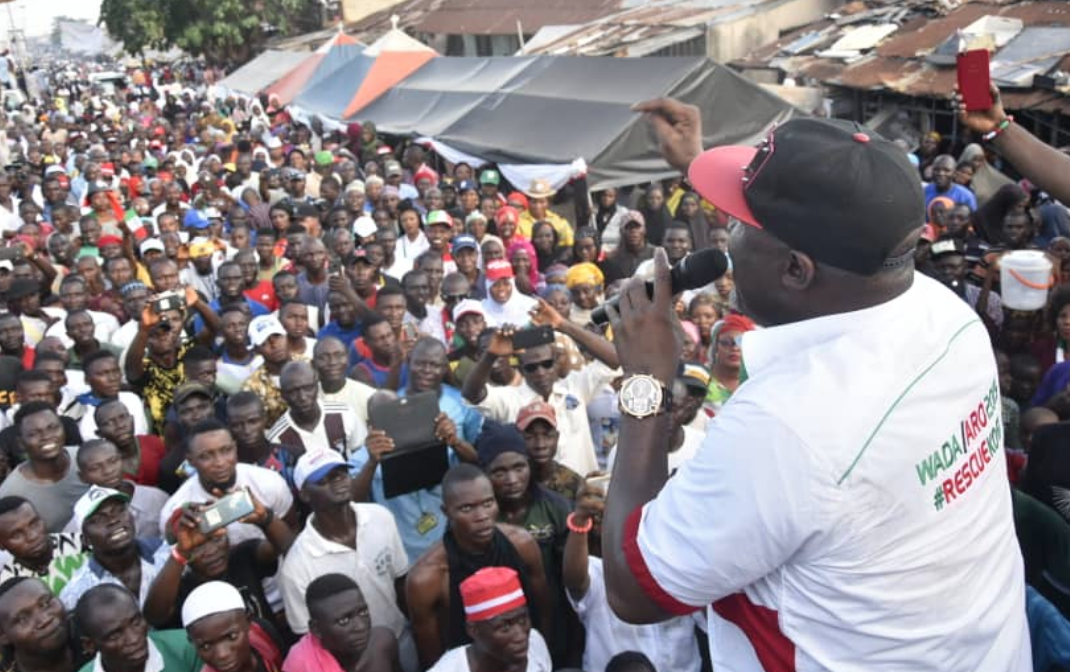BY OLUSOLA OWONIKOKO
In mid-April 2020, Nigeria lost a powerful personality in government. Until his death, Abba Kyari was the President’s Chief of Staff, right-hand man, and a revered name in Aso Villa. Known for his absolute loyalty to President Muhammadu Buhari, Kyari is an architype of the kind of companion every leader craves. His death came at a time when his influence in the Presidency was taking root. Little wonder many senior officials consider him “the de facto head of government.”
On March 24, 2020, news of Kyari’s journey with the Coronavirus went viral. Five days later, he was flown from a public hospital in Abuja to a private health facility in Lagos. Amidst the crisis, the Nigeria Centre for Disease Control (NCDC) embarked on a frantic contact tracing. They identified several persons who’ve contacted Kyari on his return from Germany nine days earlier. The list includes governors, family members, friends, and other top government functionaries who were advised to self-isolate.
Three weeks after the first announcement, Kyari succumbed to complications from Coronavirus. It would mark the beginning of several high-profile deaths in the polity. From former diplomats, heads of government agencies, eminent academics, governors to their relatives.
These are the calibers of people who would fly to the US, UK, Germany, or India at the slightest sign of ill health because Nigerian hospitals lacked the wherewithal to treat them. The reason is not farfetched.
Advertisement
In 2020, the federal government allocated only 4.5% of its annual budget for health care. This is a far cry from the 15% baseline set by the African Union in 2001. This explains the needless mortalities and deformities that plague Nigerians today. With thousands of health workers scattered all over the civil service cadre—and corruption slashing the pie—there is only so much to go around.
It’s no surprise when health workers embark on frequent strikes over unpaid salaries and benefits. When health unions war with the government, innocent Nigerians are caught in a crossfire. These citizens, who cannot afford basic health care—let alone fly abroad—are left to die while health workers scrounge to survive.
However, not every doctor, nurse, or medical lab scientist has the patience to play the striking game. Some are better off practicing where their skill is appreciated and their work is rewarded. The result? A massive exodus of healthcare practitioners to other nations, especially the UK and Canada. Thanks to a failing healthcare system, the Nigerian dream for many health workers today is to leave Nigeria.
Advertisement
As gloomy as it is, the loss of a skilled workforce is only one of many tragedies we’re facing today. Billions of dollars are also lost to medical tourism every year. With public hospitals left to rot, those who value their health will naturally seek treatment elsewhere, if they can afford to.
In its 2016 report, PricewaterhouseCoopers revealed that Nigerians spend over $1 billion on medical tourism annually. 60% of that goes to cardiology, orthopaedics, oncology, and nephrology. These monies would have sipped into our health sector and, at least, supplemented the budgetary shortfall. But the political class know too well to patronise the hospitals they helped impoverish.
As the global lockdown wore on and more political elites fell to the virus, they were forced to turn to local health facilities. Why not? With borders shut and every country licking its wounds, no sane economy would entertain foreign patients at such a critical time.
Since the public health facilities were under-equipped, many public office holders, including Abba Kyari, patronised private hospitals; a move that violates the Buhari administration’s rules. There were even reports that Kyari was flown to the UK for treatment but did not survive. However, there’s no evidence to back such a claim.
Advertisement
Asides from Kyari, Adebayo Sikiru Osinowo, a legislator representing Lagos East as well as former Oyo State governor, Abiola Ajimobi, also succumbed to the Coronavirus at the First Cardiology Consultants; a private hospital in Ikoyi area of Lagos State.
The lessons here are enormous. First, no one saw a time when it’ll be impossible to jet out of the country even in a health emergency. Second, no one thought that the powerful will someday be left with the very health facilities they’ve ignored for decades.
With many primary and state healthcare facilities moribund, the only viable alternative for middle-class Nigerians who cannot whisk themselves abroad is the private hospitals. Yet, these are the crop the government view as competitors. With over 60% of Nigerians patronising private hospitals today, it becomes necessary for the government to view these hospitals as allies, not competitors.
Leaders must not wait for doomsday scenarios like Covid-19 before building their base at home. We hope that the pandemic will be a watershed moment for Nigeria’s healthcare system; that the government will change its nonchalance towards the health sector. And other sectors too. But will our leaders learn?
Advertisement
Owonikoko is a serial-entrepreneur and a trained international development practitioner who has worked on projects by USAID, DfID, World Bank/IFC. He tweets @SolaOwonikoko.
Advertisement
Views expressed by contributors are strictly personal and not of TheCable.
